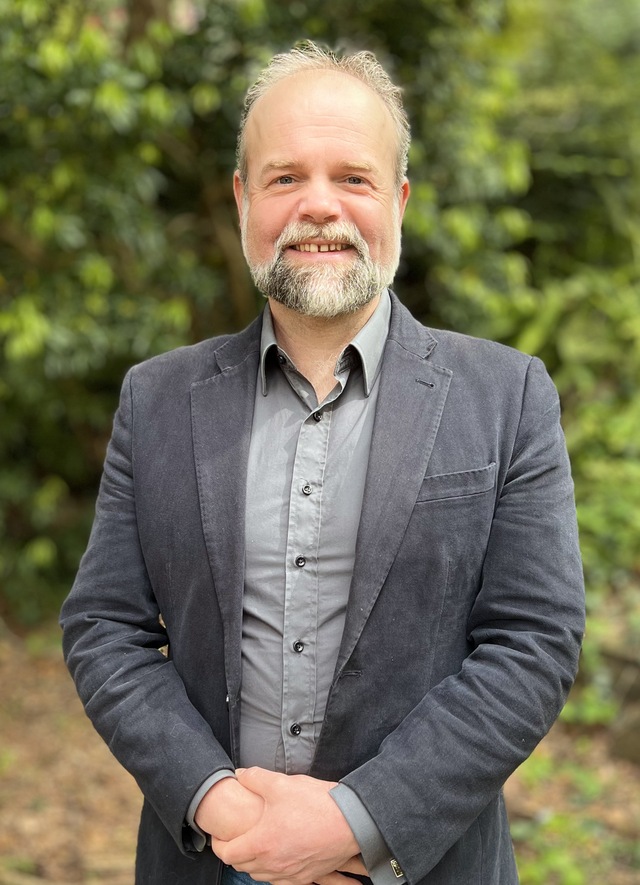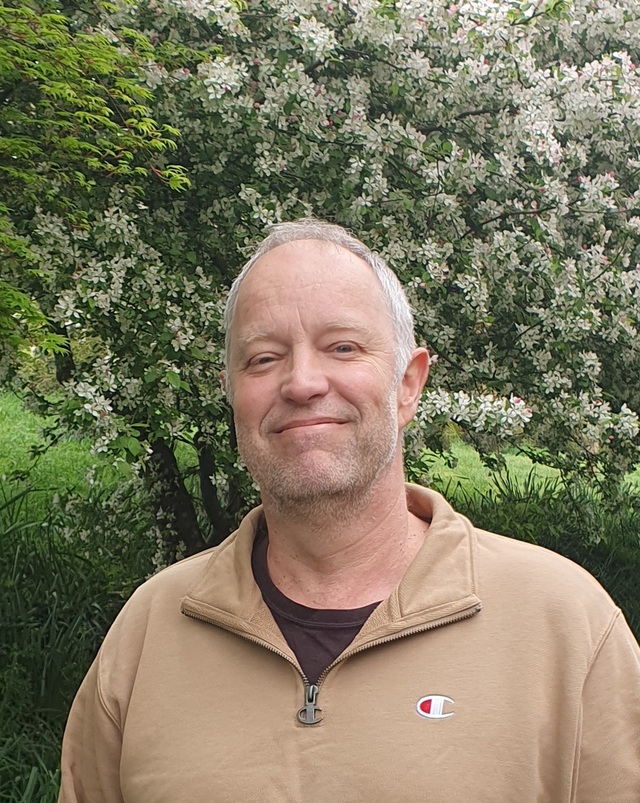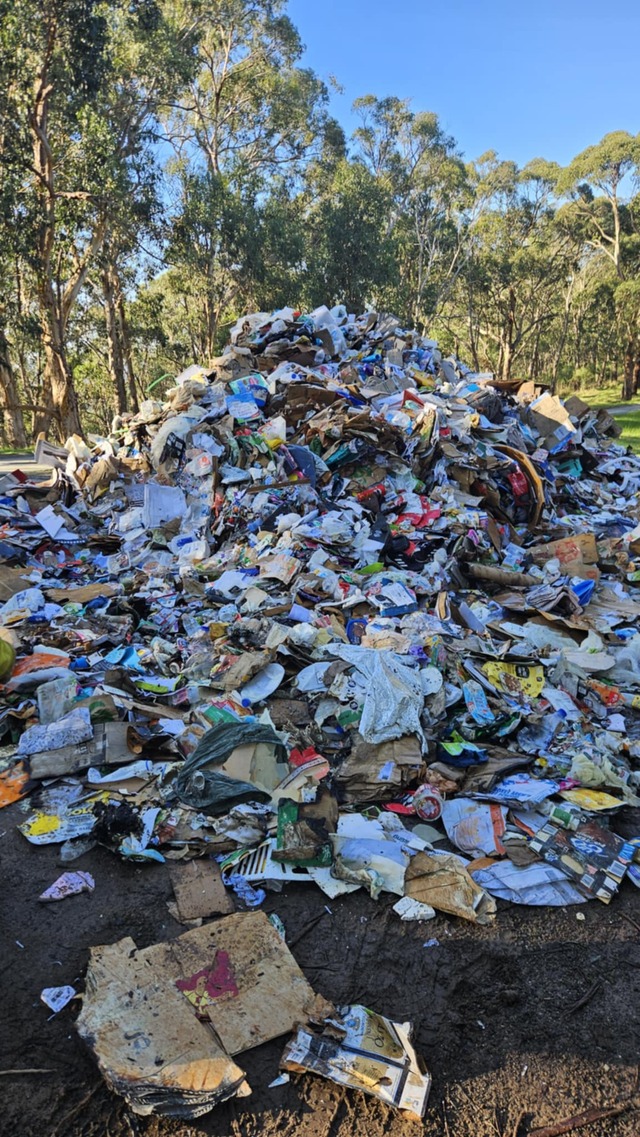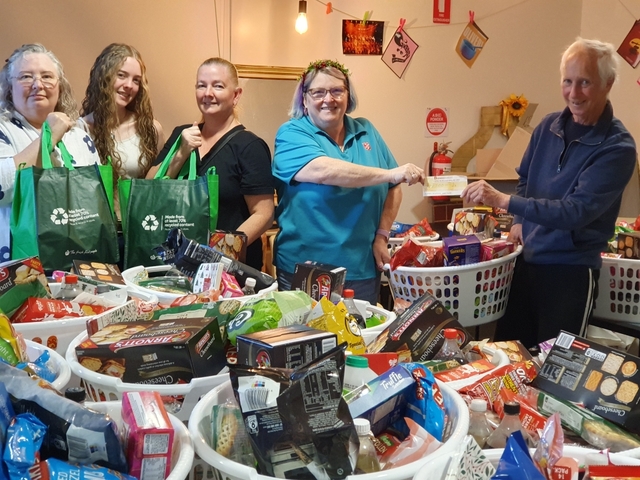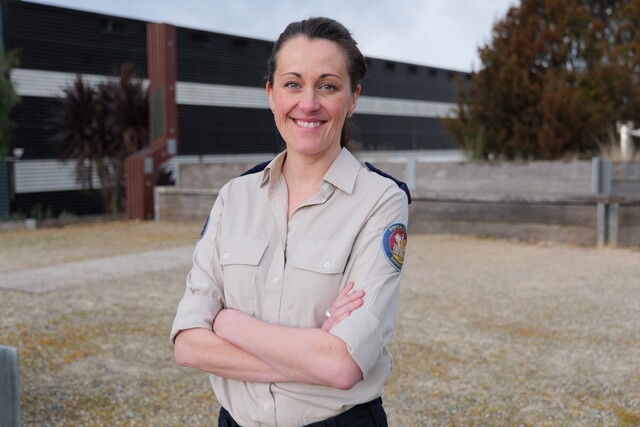A Cardinia Councillor has predicted the next term of council for the Cardinia region to be one of the ‘most difficult’ the council has faced as an organisation to date.
As the local election approaches, concerns have been raised that Cardinia will be subject to more and more ongoing financial burdens as regular maintenance becomes increasingly difficult to budget for.
Mr Jeff Springfield, current Ranges ward councillor said the Hills communities are burdened by the tyranny of distance.
“It costs more to deliver the required maintenance, services and infrastructure across our region than it does for the suburban growth areas,” he said.
Off the back of Cardinia councils presentation to the State Government’s economy and infrastructure committee on 25 September, Mr Springfield said the inflationary pressures that we have all felt at home in recent years have only been compounded for local government.
“The financial costs of building and construction, contract tenders, the cost of materials and the delivery of infrastructure and services have all increased dramatically during the last four years,” he said.
“These increased costs are much greater than the increases to revenue we have seen.”
Cardinia is not alone in its concerns, many local councils who attended the recent public hearing including Mornington Peninsula, Frankston and Knox councils have similar issues.
Cardinia CEO Carol Jeffs and CFO Allison Southwell appeared before the hearing and detailed how Cardinia Shire has been increasingly burdened by the costs and evolving responsibilities of local government, with contributions from the State Government falling behind.
Mr Springfield said since the rate cap was introduced in 2016, the Cardinia council has seen a year-on-year revenue increase that is consistently less than the increased costs to deliver council services.
“I support the rate cap and believe that a council’s obligation to its ratepayers is to deliver value back into the community without increasing taxes,” he said.
Claude Cullino has been a resident in Emerald since 1976 and is a member of the Emerald Village Association amd said the overarching theme for the next term of council will be decisions about where and when to cut back services that are currently delivered.
“There is a great risk to the hills community that we will go backwards from the cost-cutting void that is created,” he said.
“We really need more resources in order to deliver better outcomes for our communities across the hills.”
Mr Cullino said he would like to see more long-term planning for traffic circulation in the Emerald area and for vegetation management.
“If you drive around Emerald today, you’ll still feel see the remnants of weather events from February,” he said.
“The strategy I’d like to think I have is managing the whole road network, this roadside vegetation, the road, doing the potholes and doing it on a regular basis.”
“The rate capping has impinged on the council being able to do that regularly and doing it well.”
Prospective Ranges Ward candidate David Nickell said he too supports rate capping in principle and points to the shortfalls in funding that have and continue to impact Cardina.
“Council rates are now a considerable ‘additional tax’ burden for households. At the same time, inflation and costs have hit councils hard and the gap between rates income and all of the services that councils are expected to deliver grows every year,” he said.
“For those interface councils which have also been tasked with building new suburbs, this gap, or funding shortfall is more than doubled.”
“There are major outstanding shortfalls on roads, drains and footpaths maintenance and construction backlogs, plus weeds, roadside and open space maintenance across very large areas of existing rural communities in Cardinia, that must be improved urgently.”
“Unlike most other councils, on top of shortfalls in meeting basic requirements for rural areas, Cardinia is expected to contribute very large sums of capital expenditure on new facilities and services in growth areas.”
Mr Nickell said that local councils are often expected to offer up to 50 per cent contribution for new infrastructure.
“Developer contributions and State and Federal funding, simply don’t cover the full cost of building new suburbs. This more than doubles the burden on Cardinia’s existing ratepayers,” he said.
“This ‘double-whammy’ on Cardinia ratepayers – to support Federal and State population growth policy – is a social justice issue. Both existing rural communities and new suburban communities have to bear this structural deficit in funding for growth.”
As to how will councillors will deal with this big issue, Mr Springfield said Cardinia needs greater investment across the region for roads and drainage maintenance.
“More resources for vegetation and open space management. More resources to deliver the fundamental obligations that a council has to its residents,” he said.
“I don’t want to be charging our ratepayers more money – I think we need to see some local government reform across the sector.”
Mr Nickell said he will support the Cardinia executive team to call these growth shortfalls out publicly and will lobby for better recognition of how the shortfall affects service delivery across the board in both new suburbs and in the rural parts of the Shire.
“It’s a structural social justice issue. It’s been happening for 20 years. It’s getting worse – and it’s going to get worse for 20 more years,” he said.
Mr Cullino said services like the roads are important but would like to see the council become more strategic in their approach.
“It’s really important for the council really to look at again how it’s managing all its assets, its roads, its rains, and making sure that they all work,” he said.
“So for me, it’s not actually the doing, but that they’re doing it regularly.”
“I’d like to think that the candidates adopt a strategic approach and that any candidates that are offering themselves will come up and say, Yes, we’re looking at the community mobility. We’re looking at how they circulate, how the town works.”

